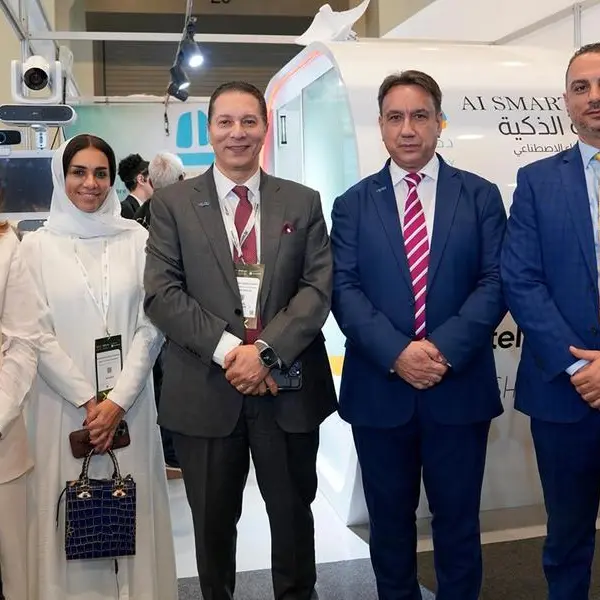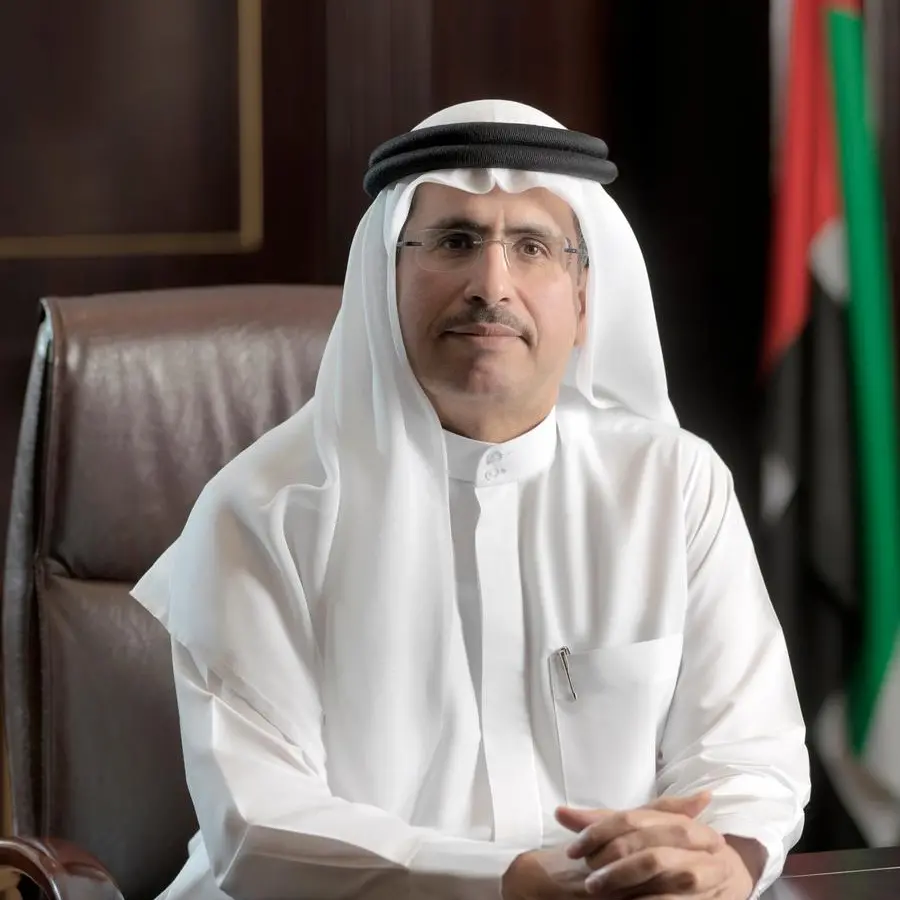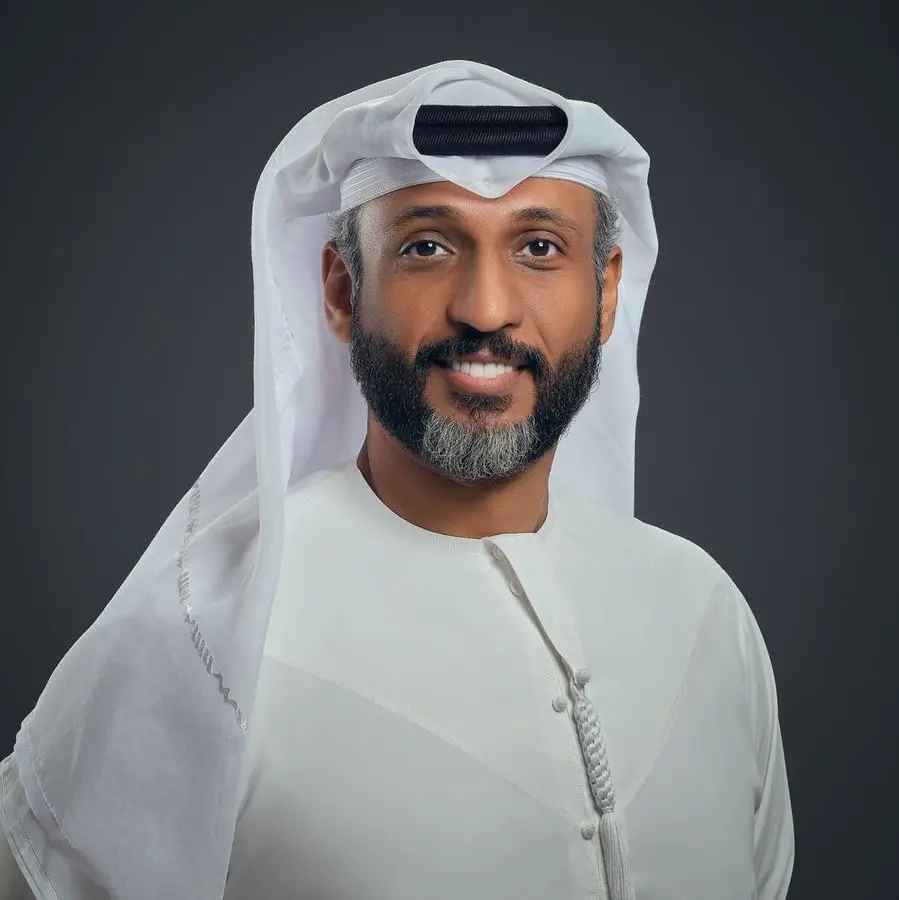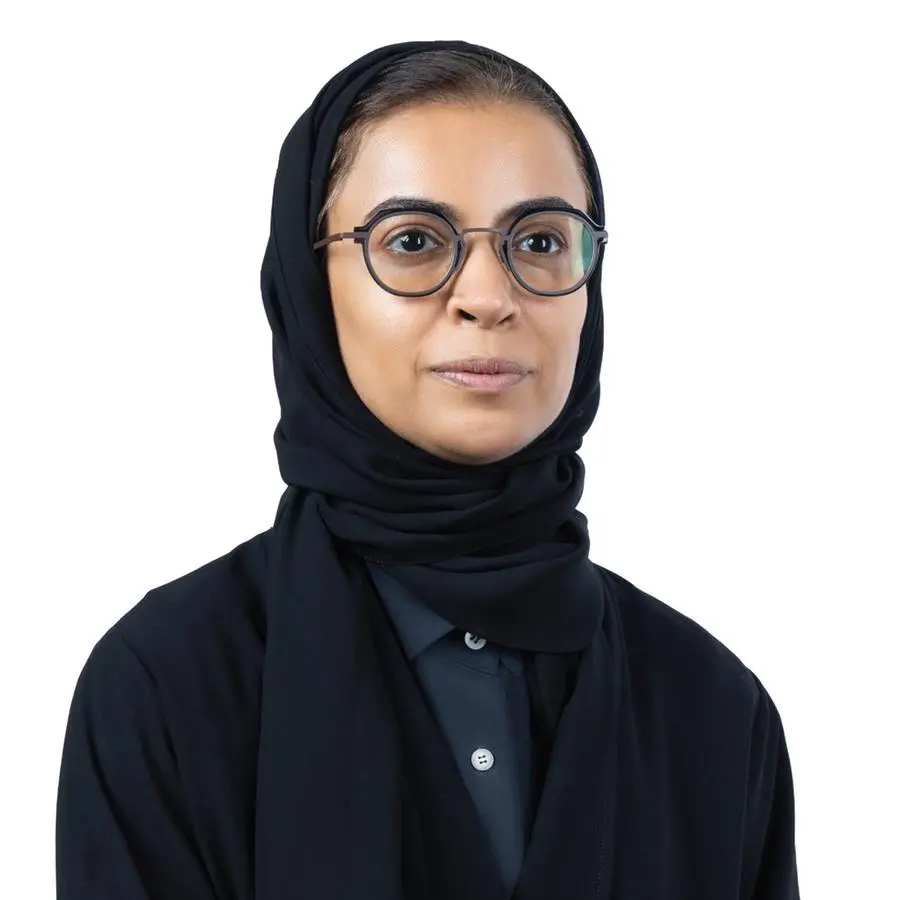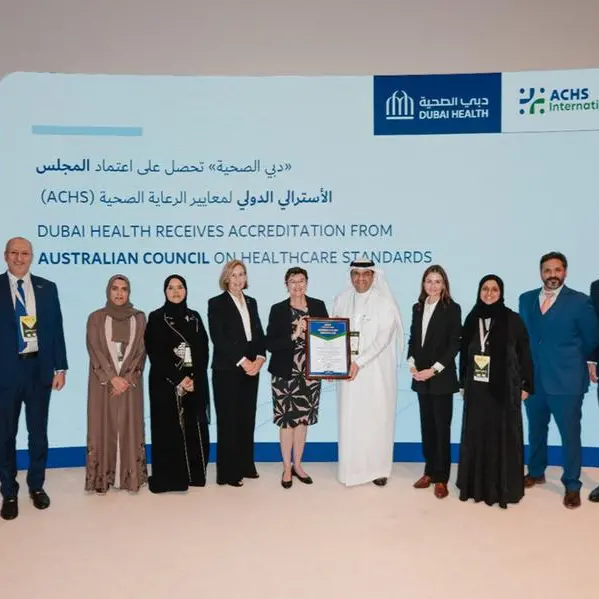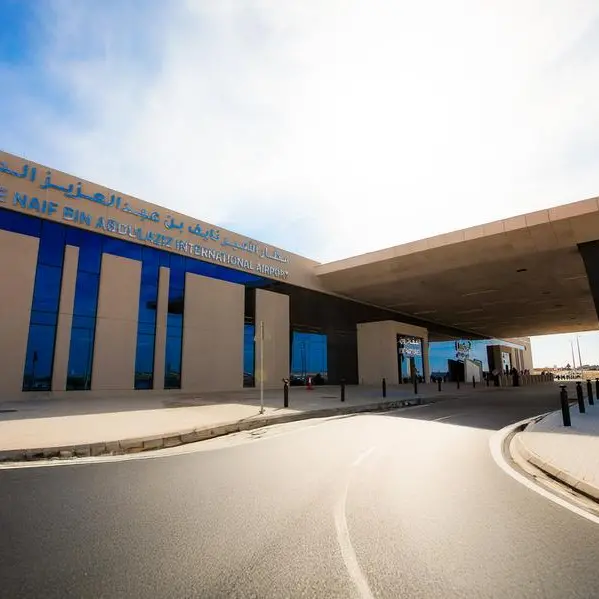PHOTO
- Emphasis on collaboration and co-creation under five-year umbrella partnership
- It opens a new chapter in UNESCO-Saudi relationship, which has roots going back 75 years
AlUla, Saudi Arabia: The Royal Commission for AlUla (RCU) and the United Nations Educational, Scientific and Cultural Organization (UNESCO) have signed in July 2023 a pioneering agreement that opens a new chapter for cultural collaboration, chartering the course for a new phase in AlUla’s long history as a nexus for cultural exchange and development.
The agreement was announced at the 45th UNESCO World Heritage Committee, chaired by Saudi Arabia in Riyadh this month. It launches Phase 2 of the five-year umbrella accord that RCU and UNESCO signed in November 2021 encompassing heritage conservation and interpretation, safeguarding intangible and tangible cultural heritage, engagement, capacity-building, and creative arts.
Phase 2 of the partnership focuses on two main projects: an Integrated Cultural Programme for the development of AlUla, and the advancement of the UNESCO/Kingdoms Institute Fellowship Programme focusing on heritage and archaeology.
The RCU-UNESCO Integrated Cultural Programme, which is the centrepiece of the new agreement, will over the next two years provide technical assistance and capacity building, support in the development of international networks, and enhance visibility and recognition of cultural heritage and creativity as a driver of AlUla’s sustainable development. It will also address the role heritage and creativity can play in building sustainable cities and regions, building social capital through a culture-engaged, people-centred development model for AlUla.
Outcomes from the Integrated Cultural Programme are to include:
- Enhancing cross-cultural skills for storytelling and the enhancement of visitor experiences, including the development of new interpretive and innovation centres across AlUla and other key heritage sites
- Safeguarding living heritage in AlUla through policies and training, including capacity-building and community-based pilot activities
- Inspiring future opportunities through capacity-building and knowledge-sharing between young female cultural and creative entrepreneurs
The new agreement also advances the UNESCO/Kingdoms Institute Fellowship Programme, which is jointly managed by UNESCO and the Kingdoms Institute. RCU is creating the Kingdoms Institute as a global hub for archaeological research and conservation. The AlUla Fellowships Programme, which will see the first Fellows arrive in AlUla in October 2023, enables heritage researchers and professionals to undertake effective site-based research, conservation and management and engage in the sharing and transfer of knowledge.
Outcomes of the second fellowship programme are to include:
- Strengthening capacities through the selection of 10 fellowship recipients for an 18-month training programme through the Kingdoms Institute and the Cultural Programme at UNESCO headquarters or field offices
- Supporting meaningful networks, cooperation and knowledge sharing among heritage researchers and professionals to foster dissemination of knowledge and experience
This innovative cross-sectorial partnership is testament to the wealth of knowledge and potential in AlUla and its role as an incubator to grow a global understanding of shared human history.
RCU is comprehensively regenerating AlUla County as a leading global destination for cultural and natural heritage, with two million visitors a year expected by 2035.
For media enquiries please contact publicrelations@rcu.gov.sa
-Ends-
About the Royal Commission for AlUla
The Royal Commission for AlUla (RCU) was established by royal decree in July 2017 to preserve and develop AlUla, a region of outstanding natural and cultural significance in north-west Saudi Arabia. RCU’s long-term plan outlines a responsible, sustainable, and sensitive approach to urban and economic development that preserves the area’s natural and historic heritage while establishing AlUla as a desirable location to live, work, and visit. This encompasses a broad range of initiatives across archaeology, tourism, culture, education, and the arts, reflecting a commitment to meeting the economic diversification, local community empowerment, and heritage preservation priorities of the Kingdom of Saudi Arabia’s Vision 2030 programme.
About UNESCO
UNESCO is the United Nations Educational, Scientific and Cultural Organization. In particular, UNESCO works to safeguard and promote culture and its role for peace and sustainable development, from cultural heritage in all its forms to the cultural and creative industries, supporting artists, culture professionals and cultural institutions and museums. It seeks to build peace through international cooperation in Education, the Sciences and Culture. UNESCO’s programmes contribute to the achievement of the Sustainable Development Goals defined in Agenda 2030, adopted by the UN General Assembly in 2015.

